Blackdog Media
Classic Reader: At Agincourt by g.a. Henty
Read the full text of "At Agincourt" by G.A. Henty set during the Middle Ages.
Ducksters
Ducksters: Quiz: Cold War Glossary and Terms for Kids
History Questions: Glossary and Terms Quiz, Test, and WebQuest
Ducksters
Ducksters: History: Renaissance for Kids
Kids learn about the events and timeline of the European Renaissance in history on this site. Learn about the rebirth in science, art, philosophy, and literature.
Ducksters
Ducksters: Renaissance for Kids: Glossary and Terms
Kids learn about the glossary and terms of the European Renaissance. Words and definitions you need to know.
EL Education
El Education: Nautical Expedition Ships Log
After spending three days as a working crew on a three-masted ship, and learning to navigate by the stars, students create fictional entries for a ship's log throughout various periods in history.
Stephen Byrne
History for Kids: Ancient Roman Literature
History for kids provides and overview of the literature and authors of ancient Rome, whose works we still read and value today. Site includes teacher resources.
TES Global
Blendspace: The Roaring 20's
A learning module with thirteen links to texts, images, and videos, with information about life during the 1920's. RI.9-10.7 different mediums
Mind Tools
Mind Tools: Reading Strategies
This site from Mind Tools reviews six different strategies to help you read more effectively. RI.11-12.10a Text Complexity
ClassFlow
Class Flow: Graphic Organizer: History Frame
[Free Registration/Login Required] This graphic organizer can be used to help students analyze historical events, key players, outcomes and theme or lesson learned.
FNO Press
From Now On: The Research Cycle, 2000
Excellent site from From Now On for students who are assigned research papers and need to begin finding and reading material. Part of a book, the site gives information on questioning, evaluating, planning, gathering, sorting,...
Other
Critical Reading: Three Ways to Read and Discuss Texts
Designed to help students think about their reading and writing skills, this page offers three different ways to interpret and discuss texts.
English Zone
English Zone: Main Page
This site lists links to an assortment of reading-related activities.
Washington State University
Washington State University: Timeline of American Literature and Events: 1830s
A brief timeline which includes American literature and American historical events. Ranges from 1830 to 1839. Includes the first co-educational college, Oberlin College. Hyperlinks to various authors of the period.
Ancestry
Historical Narratives
Here, you can read historical narratives spanning from 1791 to 1850. RL.11-12.10a/b Text Complexity
Daily Teaching Tools
Daily Teaching Tools: Academic Tips to Help Kids Learn to Be Effective Students
This how-to page provides tools to help students be engaged in their classes. Strategies for listening, notetaking, and planning for classes are shared.
Daily Teaching Tools
Daily Teaching Tools: Academic Tips to Help Kids Learn to Be Effective Students
A teaching resource with information and downloadable handouts on various study skills including the following: Coming to Class Prepared, Student Planers, Good Listening in Class, Taking Notes in Class, Using Acronyms to Remember...
Daily Teaching Tools
Daily Teaching Tools: Academic Tips to Help Kids Learn to Be Effective Students
A teaching resource with information and downloadable handouts on various study skills including the following: Coming to Class Prepared, Student Planers, Good Listening in Class, Taking Notes in Class, Using Acronyms to Remember...
Other
Prezi: What Is Complex Literature?
This Prezi was created by Marko Zlomislic. The presentation explains what constitutes complex literature. It defines complex texts, discusses the varied benefits of learning to read them, and provides links to lesson plans and examples....
Houghton Mifflin Harcourt
Holt, Rinehart and Winston: Elements of Literature: The Elements of Nonfiction [Pdf]
A short worksheet which allows students to improve their understanding of the elements of nonfiction literature. Provides eight questions and allows students to craft responses for a given literary text.








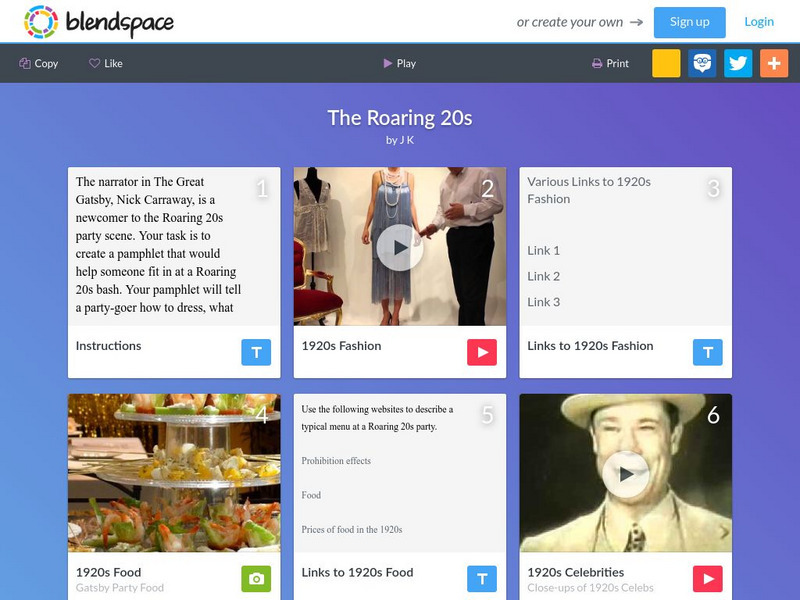




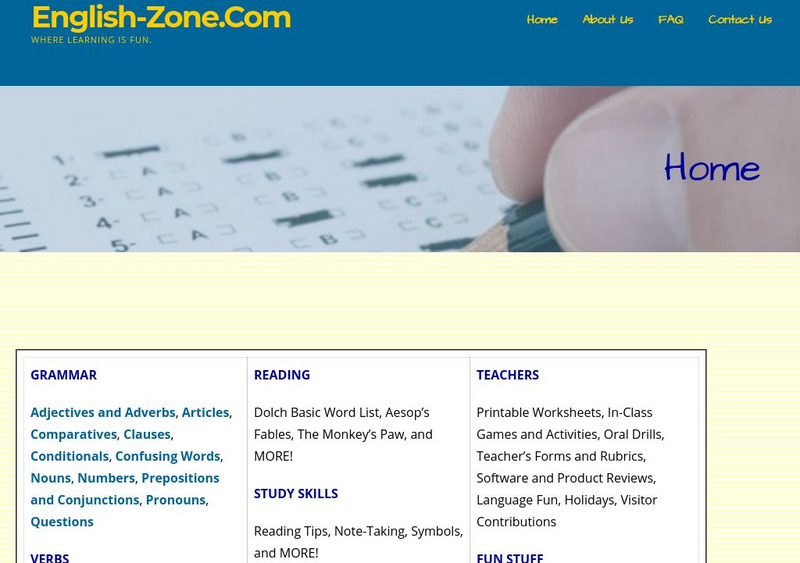

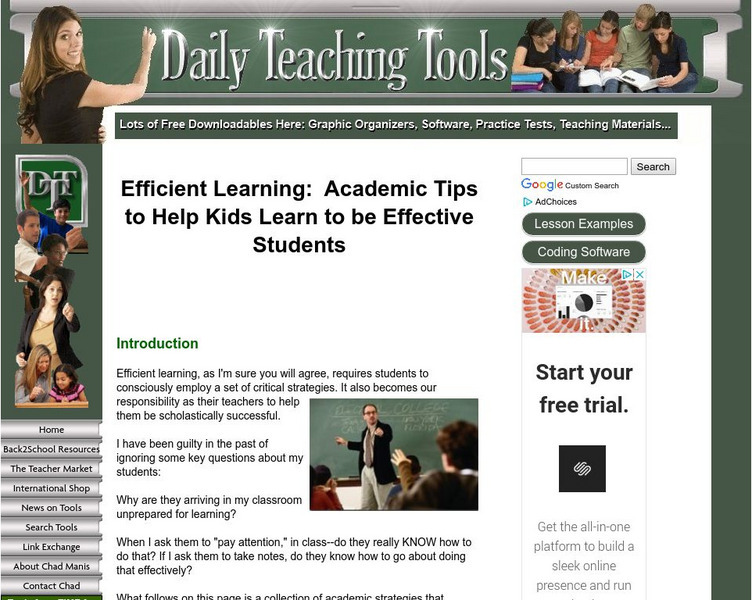
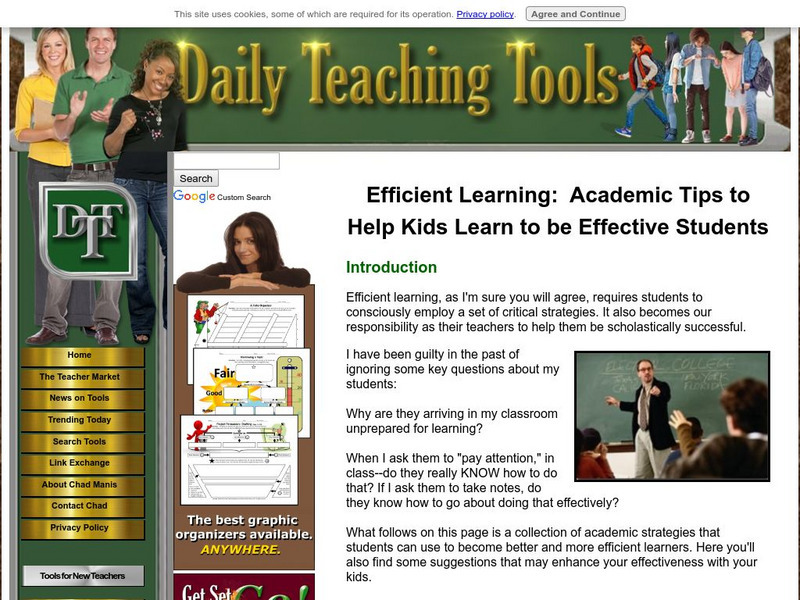
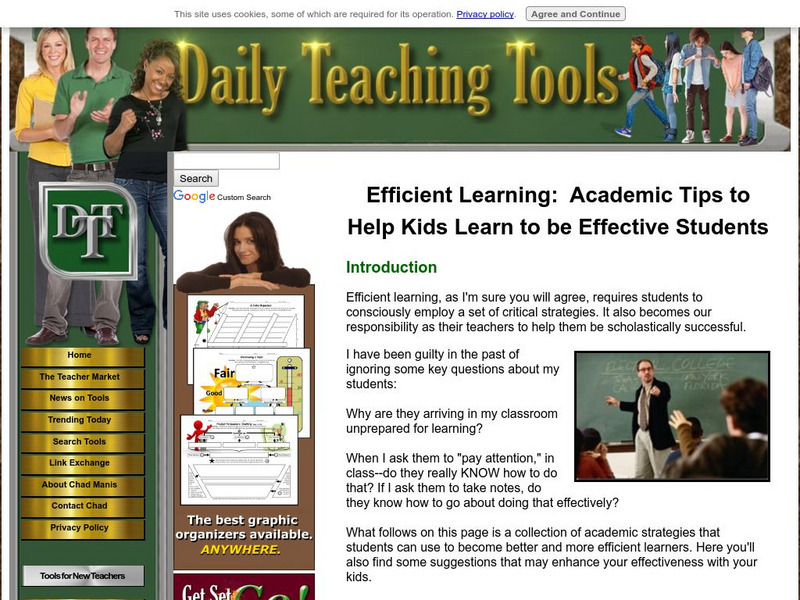

![Holt, Rinehart and Winston: Elements of Literature: The Elements of Nonfiction [Pdf] Unknown Type Holt, Rinehart and Winston: Elements of Literature: The Elements of Nonfiction [Pdf] Unknown Type](http://content.lessonplanet.com/resources/thumbnails/411273/large/bwluav9tywdpy2symdiwmduymc0ymdk1mc1jagtpnhmuanbn.jpg?1589993574)